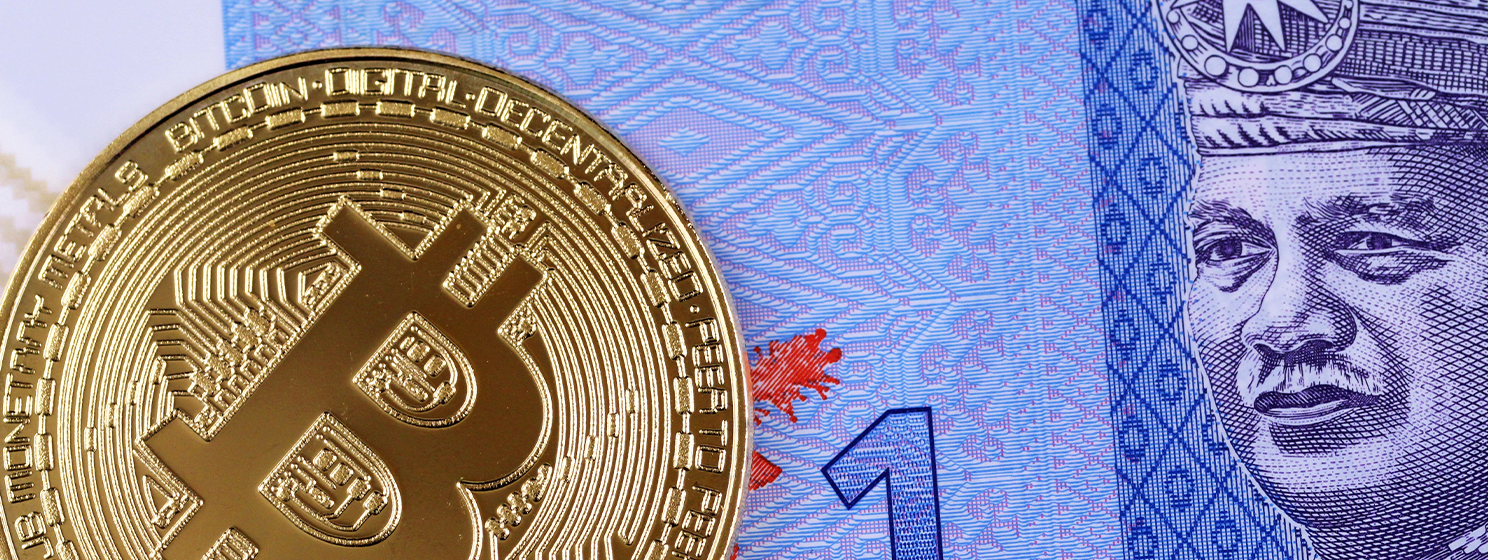|
Getting your Trinity Audio player ready...
|
The U.S. Consumer Financial Protection Bureau (CFPB), an independent agency of the American government, has finalized its rule on digital payment apps. While digital assets were included in the initial proposal, they were exempted from the final draft.
The CFPB began formulating the proposal last year, aiming to increase its oversight of digital payment platforms like Google Pay (NASDAQ: GOOGL) and Apple Pay (NASDAQ: AAPL) to better protect consumers. The agency argued that while card companies and other payment service providers were stringently overseen, digital platforms had been allowed massive latitude, which some were exploiting to extract fee streams and collect and monetize data.
The agency has finalized the rule, allowing it to supervise digital payment platforms and ensure they adhere to federal laws, similar to banks and credit unions. The focus is primarily on platforms handling over 50 million transactions annually; the agency estimates that the platforms the rule covers process over 13 billion transactions a year.
“Digital payments have gone from novelty to necessity, and our oversight must reflect this reality. The rule will help to protect consumer privacy, guard against fraud, and prevent illegal account closures,” commented Director Rohit Chopra.
Chopra had initially wanted the rule to cover digital asset platforms. He proposed that the definition of “funds,” as pertains to the rule, should also include digital assets, aligning with other federal statutes.
However, the final draft confirmed that the new rule doesn’t apply to digital assets. The CFPB noted that public feedback was a key reason for the exclusion. Commenters had offered diverse reasons why including digital assets would be retrogressive and would deal a blow to the nascent sector.
“After considering comments on the inclusion of certain digital assets transactions in the proposed definition of “consumer payment transaction,” the CFPB has decided, for purposes of this Final Rule, to exclude such transactions from coverage under the Rule.”
This included feedback from three Congressmen who sent a letter to Director Chopra earlier this year noting that the proposed rule “ventures far beyond Dodd-Frank’s intended scope, and we urge the CFPB to refrain from pursuing such a broad definition.” Dodd-Frank is a U.S. federal law enacted in 2010 in response to the 2008 financial industry collapse, which increased regulatory supervision.
“The Bureau’s approach creates more regulatory uncertainty that could undermine the digital asset industry’s functionality with respect to digital asset transactions,” stated the lawmakers, led by Representative Patrick McHenry, the chair of the House Financial Services Committee.
“It turns out that we were heard, and I give the CFPB credit for that,” commented Bill Hughes, the senior counsel for Consensys.
Watch: Digital Asset Recovery takes token recovery seriously

 02-21-2026
02-21-2026 




